2025 Interns
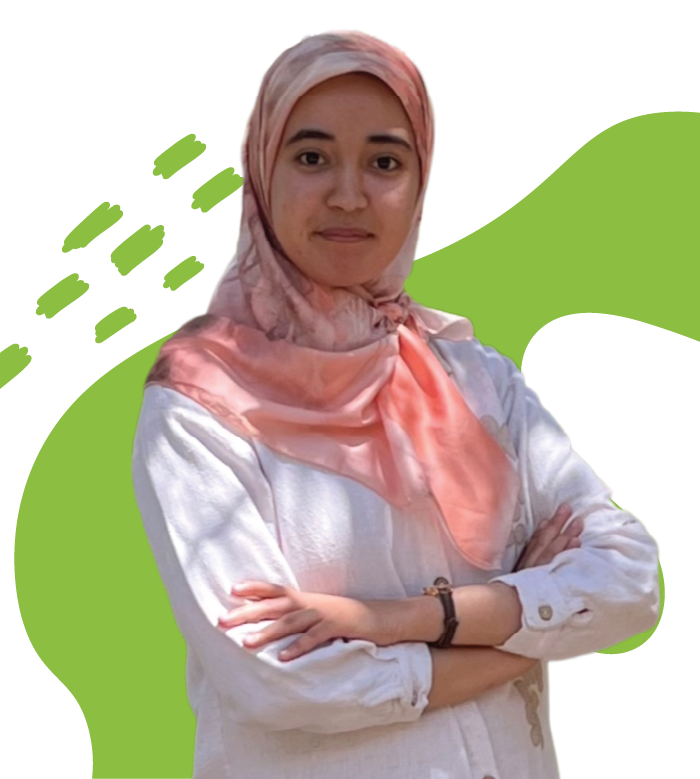
Assma Oumasst
Master in Process Analysis and Quality Control
Ibn Zohr University
Morocco
”Earth’s climate diary, written in brown ink”
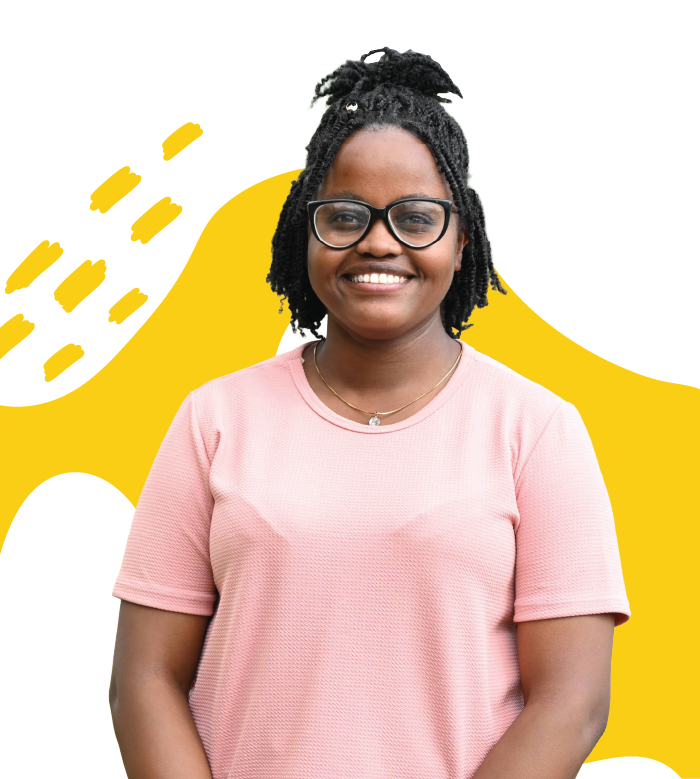
Glory Raphael Mulashani
MSc Soil Science and Land Management
Sokoine University Of Agriculture
Tanzania
“it’s not only about data but solutions that come with”
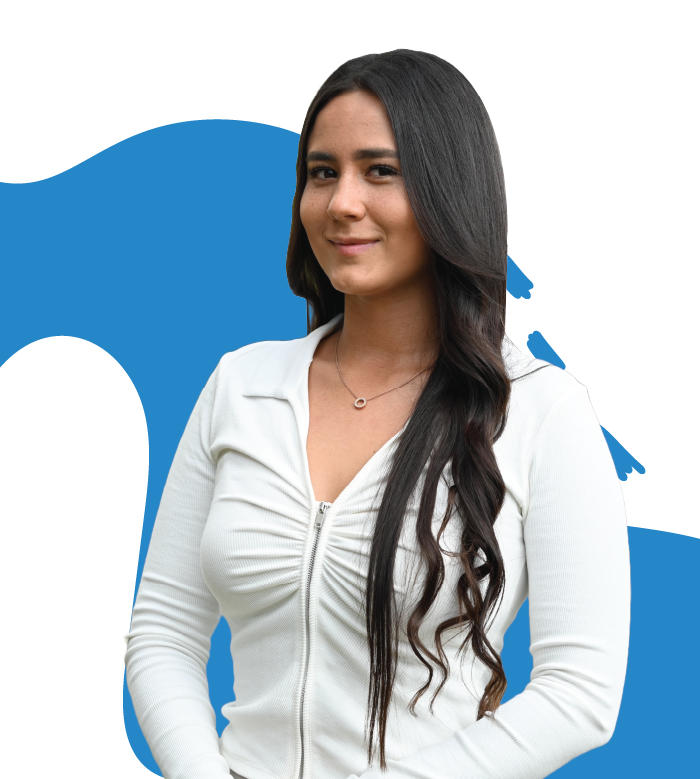
María Alejandra Rodríguez Parra
Zootechnician
La Salle University
Colombia
”As a woman passionate about nature and inspired by love and gratitude to God, I contribute to science”
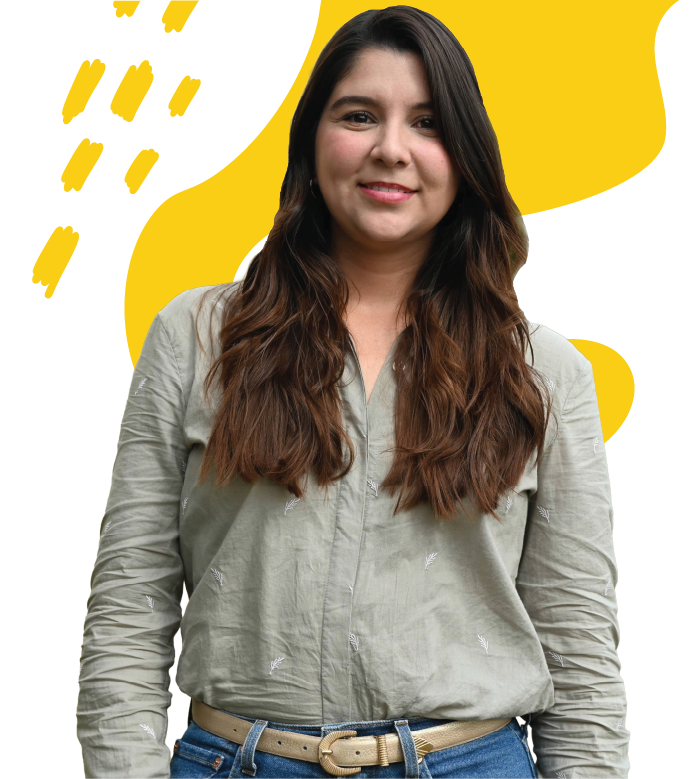
Maria Fernanda Rondón Fernández
Biologist
Universidad del Valle
Colombia
“Passionate about the science of life — Biology — and the Science of Soil.”
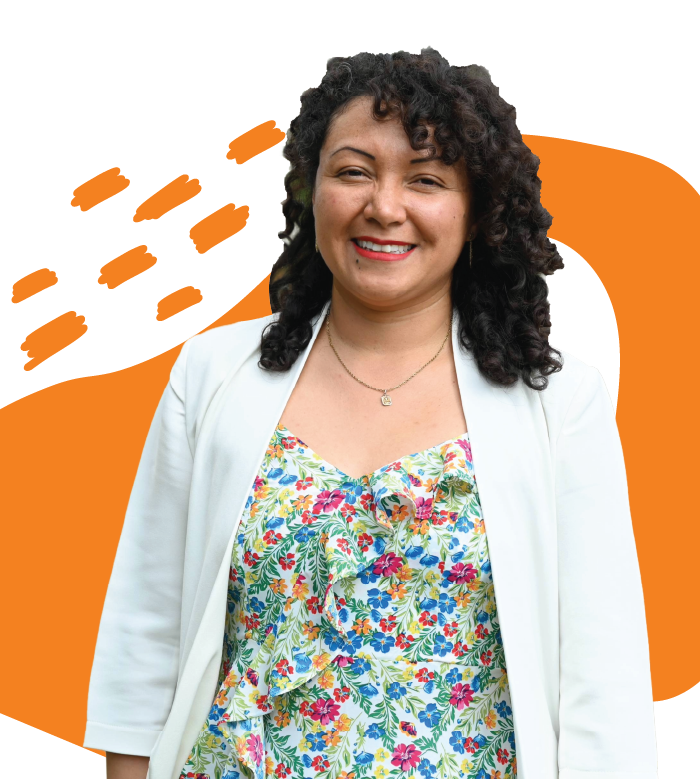
Aymara Olin Ramírez González
Chemical Engineer
Metropolitan Autonomous University
Mexico
“In confronting climate change, working to preserve the miracle of life is a noble endeavor”

Oluwafemi Bejide
Msc. Geo-information Science
University Of Ibadan
Nigeria
“Empowering informed decisions through spatial insights”
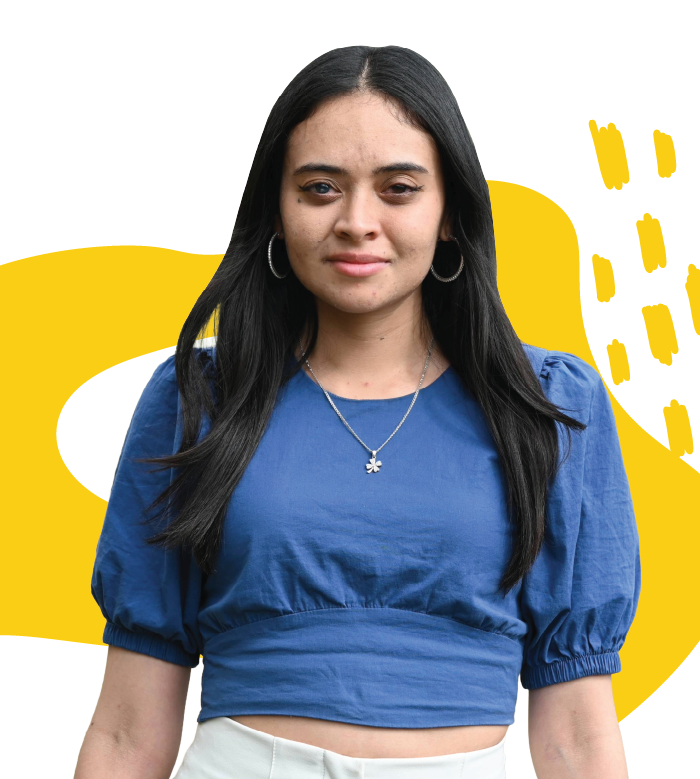
María Alejandra Cardozo Sánchez
Biologist
Universidad Nacional de Colombia
Colombia
“Each step in research helps build a better future for farmers and the environment”
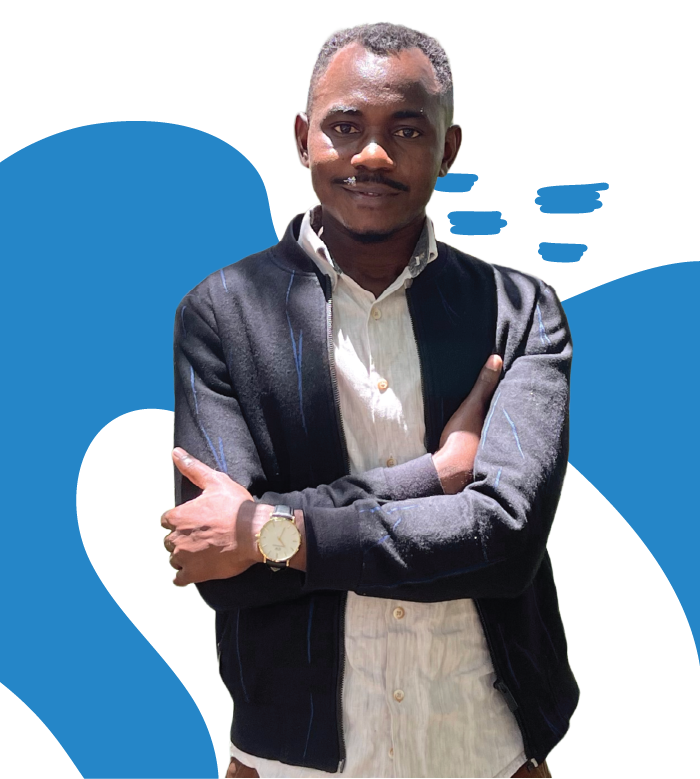
Alasca Ekuya Lombolu
Master of Philosophy (M.Phil.) in Ciencia del Suelo
University of Kinshasa
D.R. Congo
”Soil is our last line of defense against climate change”
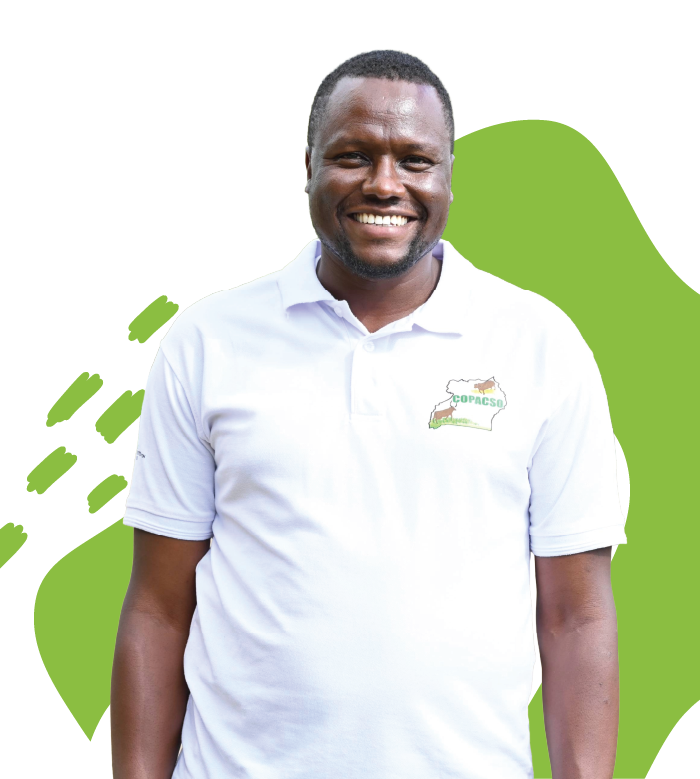
Hillary Kipngetich Rotich
Soil scientist
University of Nairobi
Kenya
“Championing soil health and climate resilience”
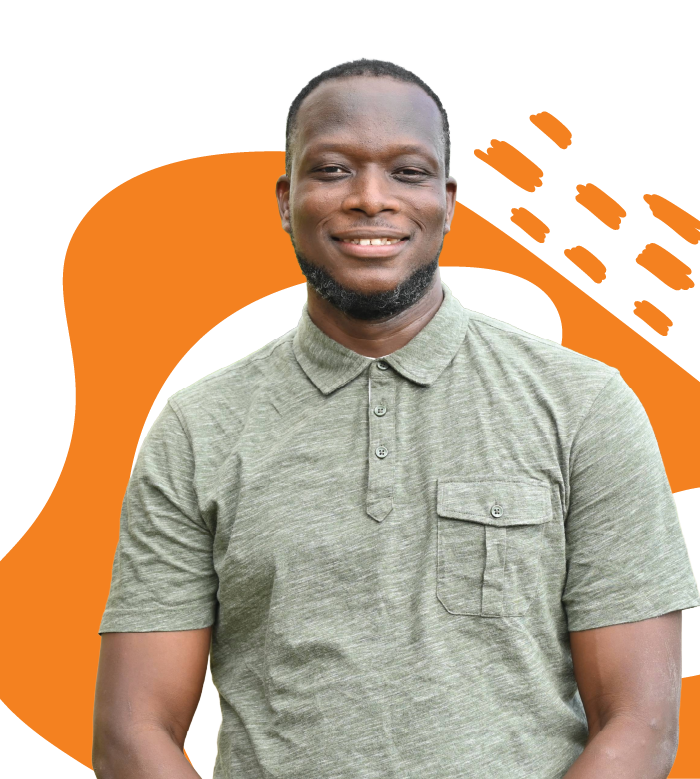
Coffi Leonce Geoffroy Sossa
Master in Rural Engineering and Water management
University of Sciences, Techniques, and Technologies of Bamako
Benin
“Committed to climate-smart farming for better livelihoods.”

Contact
Alliance of Bioversity International and CIAT
Latin American Hub
Palmira – Colombia
Address: Km 17 Recta Cali-Palmira
Phone: (+57) 6024450000

